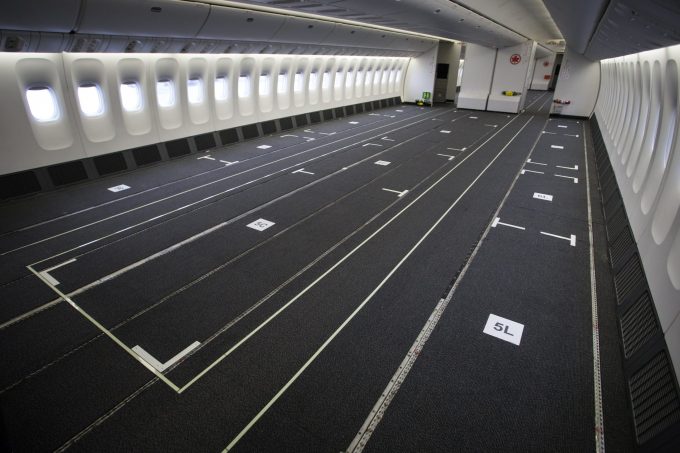Forwarders predict fall in airfreight rates as ecommerce eyes sea freight
Forwarders are warning that although the airfreight market currently seems stable, conditions could change very ...

Air Canada (AC) is jumping into the e-commerce market with a dedicated domestic service – and, at the same time, it is boosting capacity for international cargo.
The headwinds to its passenger business have prompted the airline to ramp up its cargo flights with widebody passenger aircraft and passenger freighters, and is reactivating two parked 787s for cargo missions and removing seats from five more widebodies to boost its cargo capacity.
“We continue to see extremely high demand, but we are full,” ...
Maersk Air Cargo sees volumes fall as it aims for 'margin in favour of revenue'
Keep our news independent, by supporting The Loadstar
Container spot rates diverge: to Europe still falling, but firmer to the US
Volume surge and an early peak season? 'Don't celebrate too soon,' warning
Hapag-Lloyd won't take bookings if port congestion leaves cargo stranded
Ecommerce likely the front-runner in resurge of transpacific trade after deal
China-US trade tariff pause could drive a rebound for transpacific rates
Airfreight players eye new routes as demand on the transpacific nosedives
Service chaos from trade ban with India a problem for Pakistan shippers
Airfreight rates ex-China 'loss-making', but hopes of a trade deal stay high
Indian coastal freight attracts major carriers, but regional tension disrupts
Serious threat to jobs in US logistics as tariffs cause economic 'stagflation'


Comment on this article